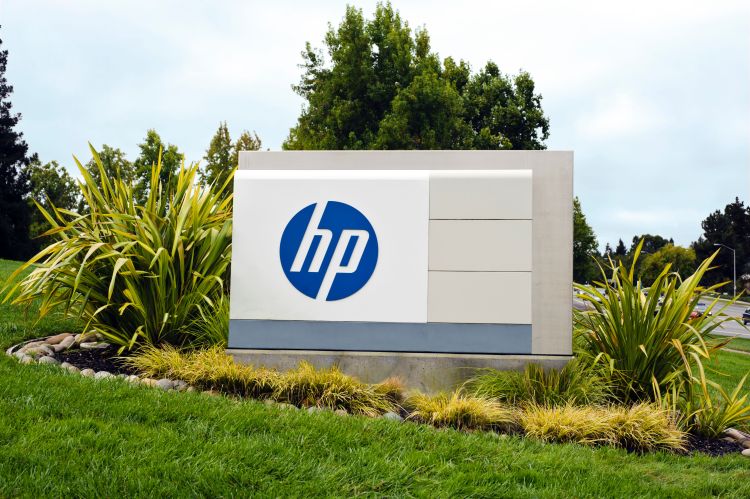Legacy tech vendor HP, which is preparing to split into two companies, no longer qualifies for a full write-up in the influential cloud infrastructure as a service (IaaS) report from technology analyst firm Gartner, which was released last night.
“While HP continues to operate its cloud IaaS offering (HP Public Cloud), it now only actively seeks to market and sell this offering as part of a hybrid solution,” Gartner said in the new report. “It no longer has sufficient market share to qualify for inclusion in this Magic Quadrant.”
That’s not a very surprising development — HP acknowledged last month that it can no longer compete head to head with the biggest public cloud providers, such as Amazon Web Services. But it is a change from last year’s Gartner cloud IaaS report.
Just like last year, Amazon is far and away the leader of the market, Microsoft is still in second place, and Google continues to come up quick.
Last year HP was in the lower left quadrant — the worst of the four — but now it has been dropped altogether.
Companies like Joyent, CenturyLink, Rackspace, IBM, Virtustream, and Verizon continue to have a presence in the report.
Amazon, for its part, “retains a multiyear competitive advantage” in the market even as Google and Microsoft continue to challenge its market leadership. Amazon now has “over 10 times more cloud IaaS compute capacity in use than the aggregate total of the other 14 providers in this Magic Quadrant,” the report stated.
But Microsoft, which is second only to Amazon in this market, maintains “more than twice as much cloud IaaS compute capacity in use as the aggregate total of the remaining providers in this Magic Quadrant (excluding market share leader AWS),” according to the report. Gartner praised Microsoft for “rapidly rolling out new features and services, including differentiated capabilities,” but also noted that Azure has had “many” outages in the past.
Google got good marks for “excellent price/performance value and exceptionally fast VM [virtual machine] provisioning” in the report. But its “feature release velocity has not been as fast as expected,” the analysts noted, and the company is still figuring out how to work with larger companies.
VentureBeat has reported on many of these strengths and weaknesses in the past, but the exclusion of HP in the report is a new, independent piece of verification that the company is a less prominent player in a highly competitive market.


